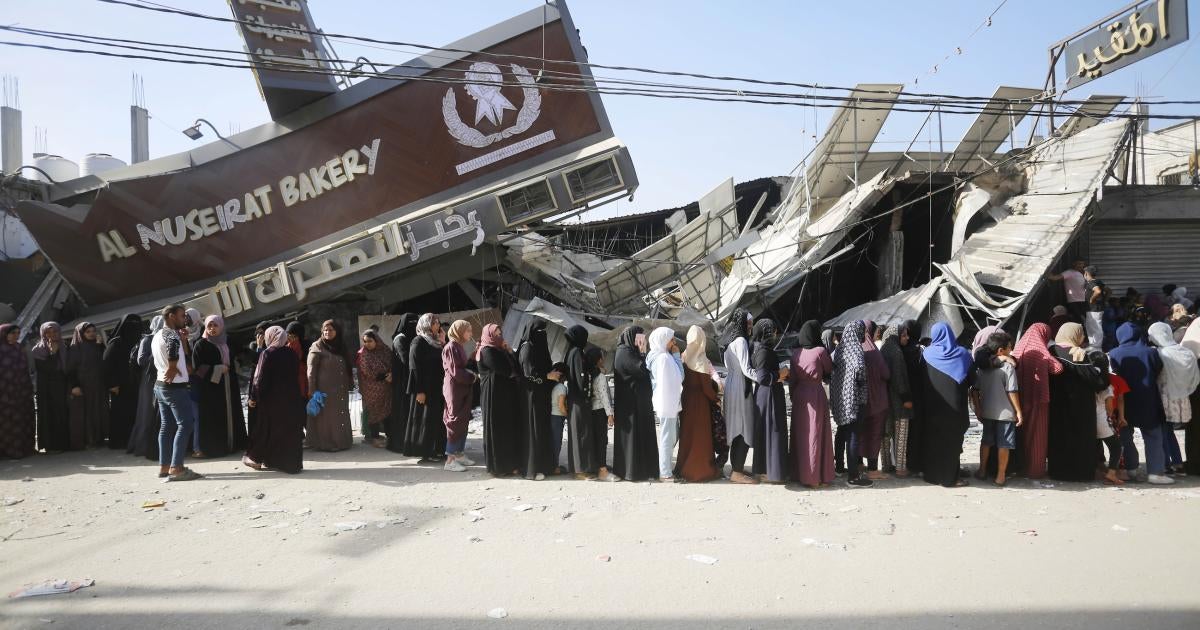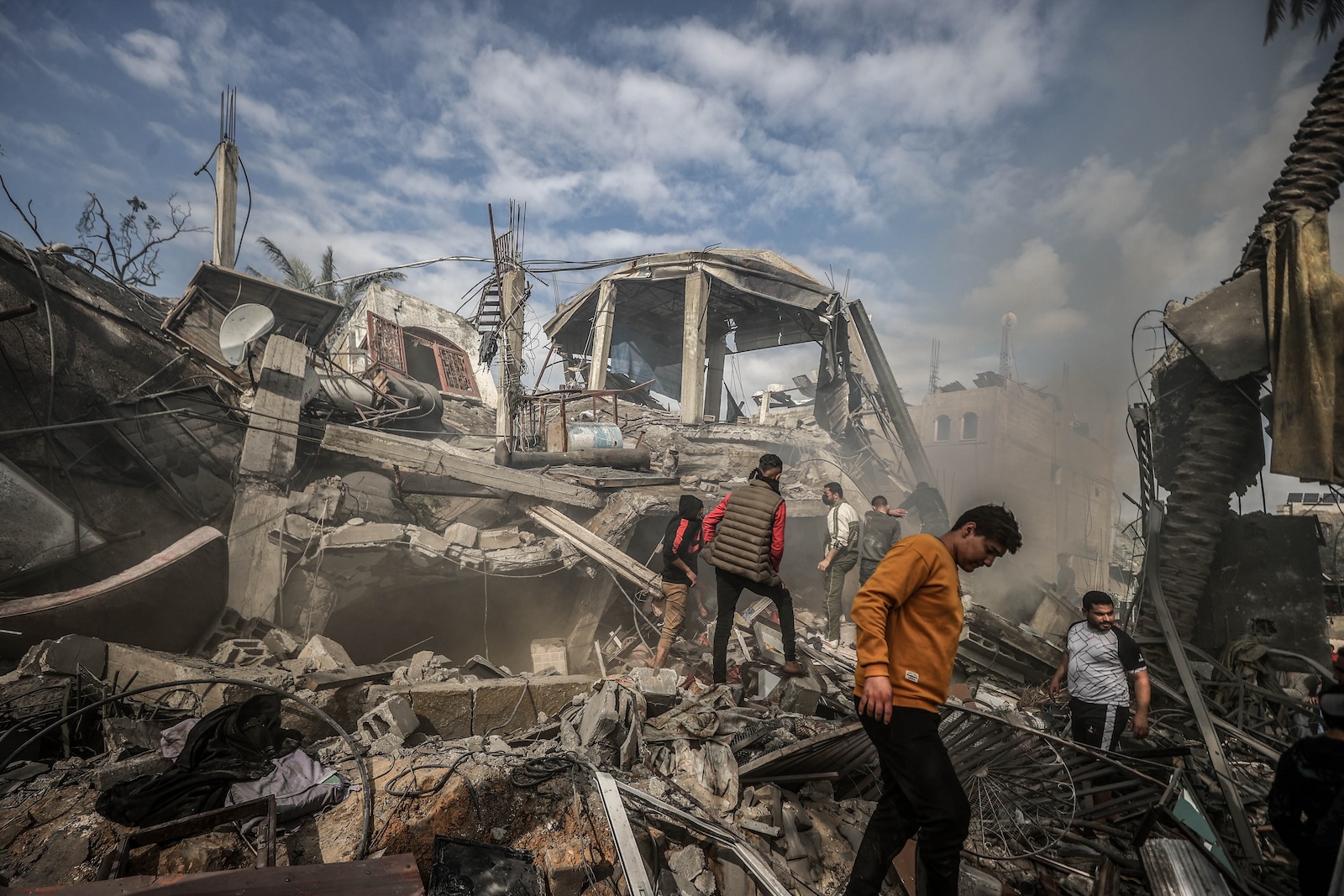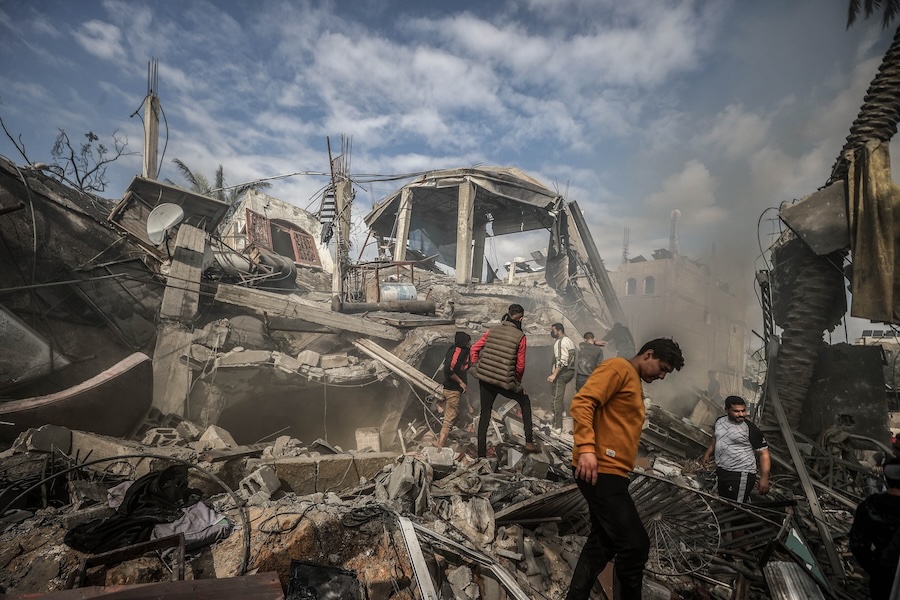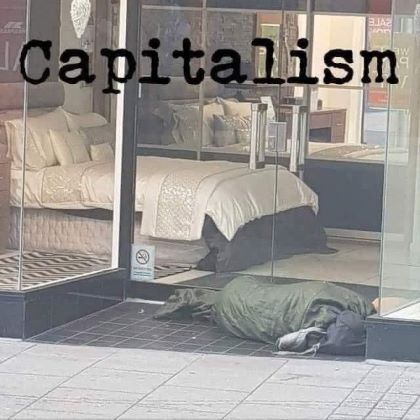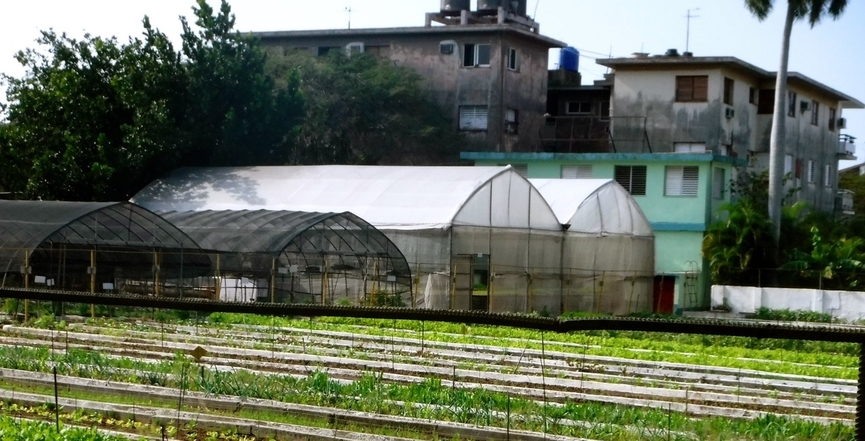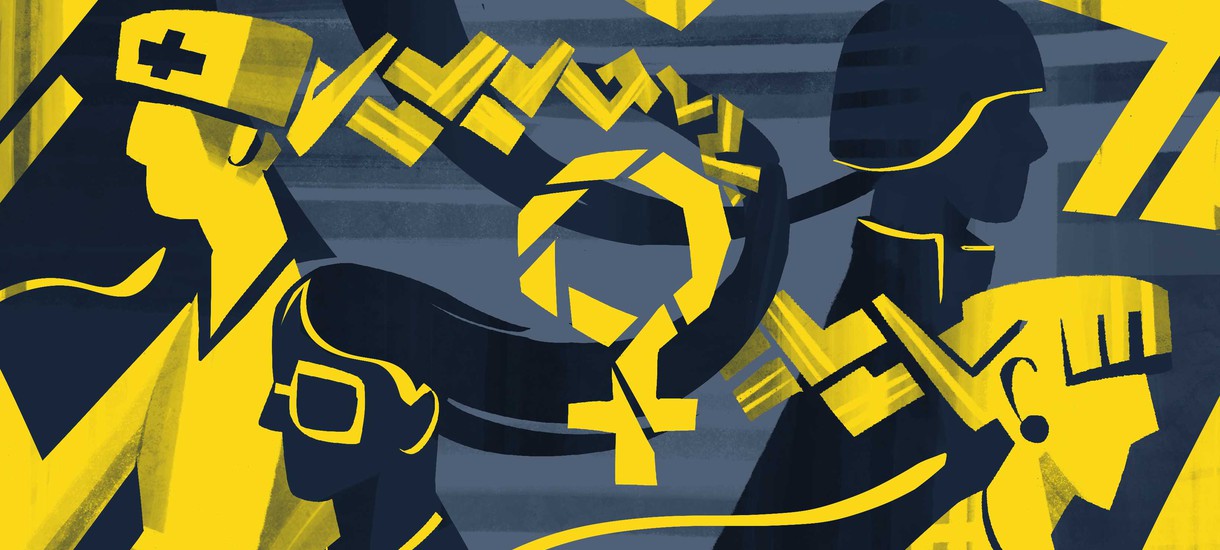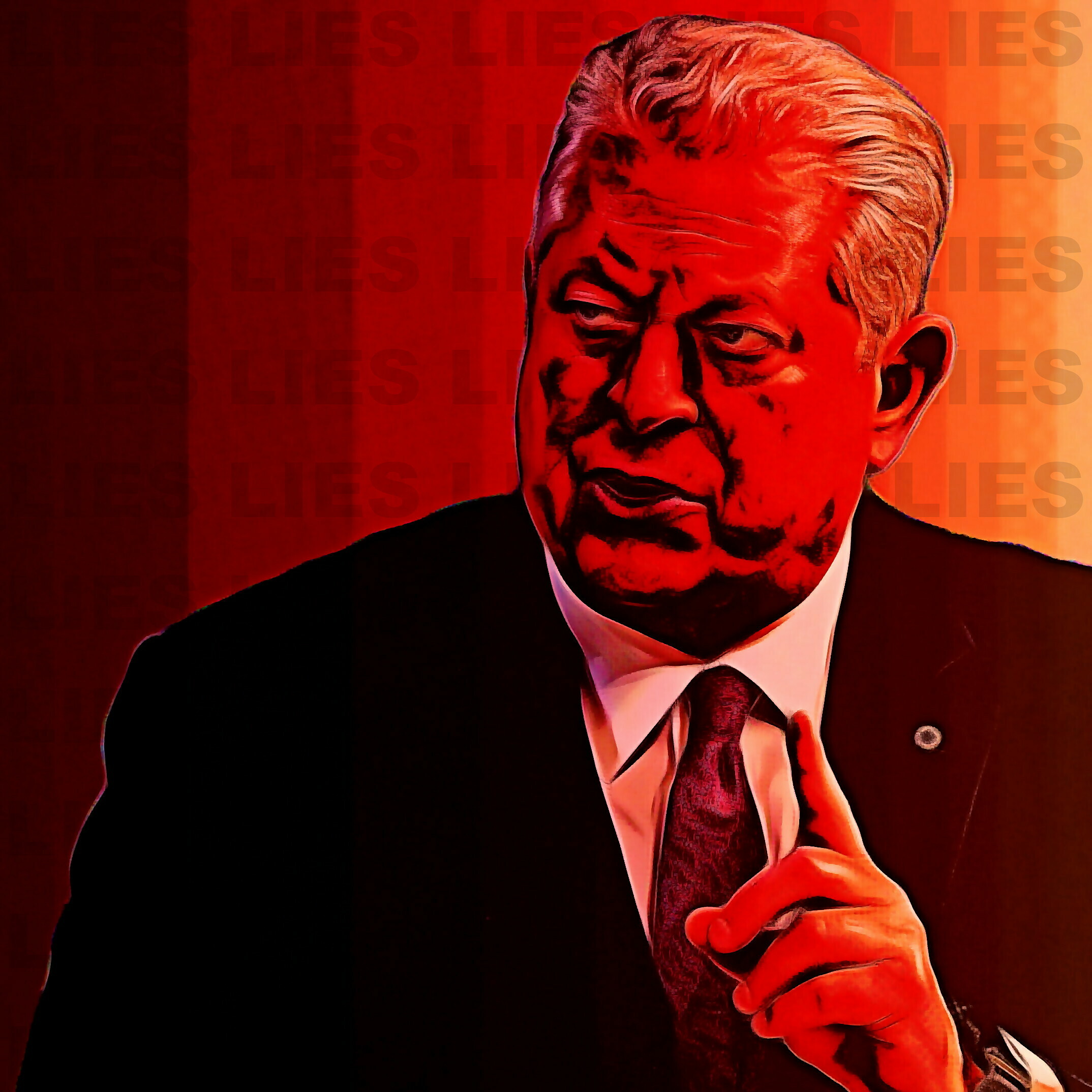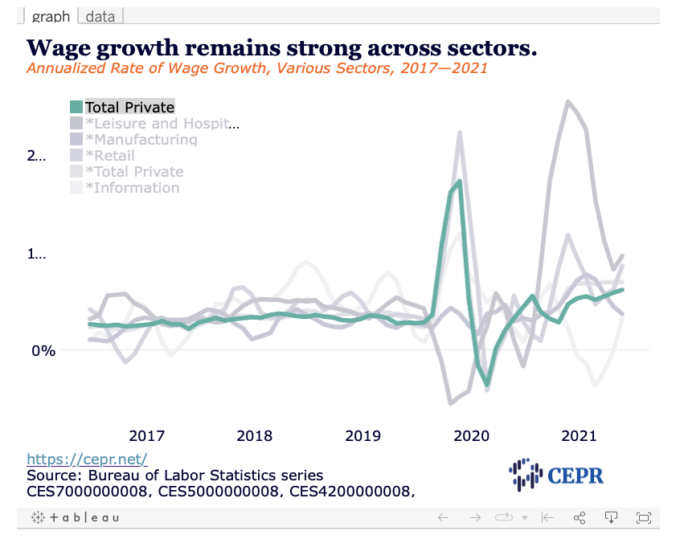Gaza: Suspending UNRWA Aid Risks Hastening Famine
Human Rights Watch
Continue Funding as UN Agency Staff Is Investigated.
Governments should continue funding the United Nations Relief and Works Agency for Palestine Refugees in the Near East (UNRWA), given its vital role in averting a humanitarian catastrophe and the risk of famine in the Gaza Strip, while the agency investigates allegations that 12 of its staff were involved in the Hamas-led October 7, 2023, attacks in southern Israel, Human Rights Watch said today. (...)
(Text continues underneath the photo.)
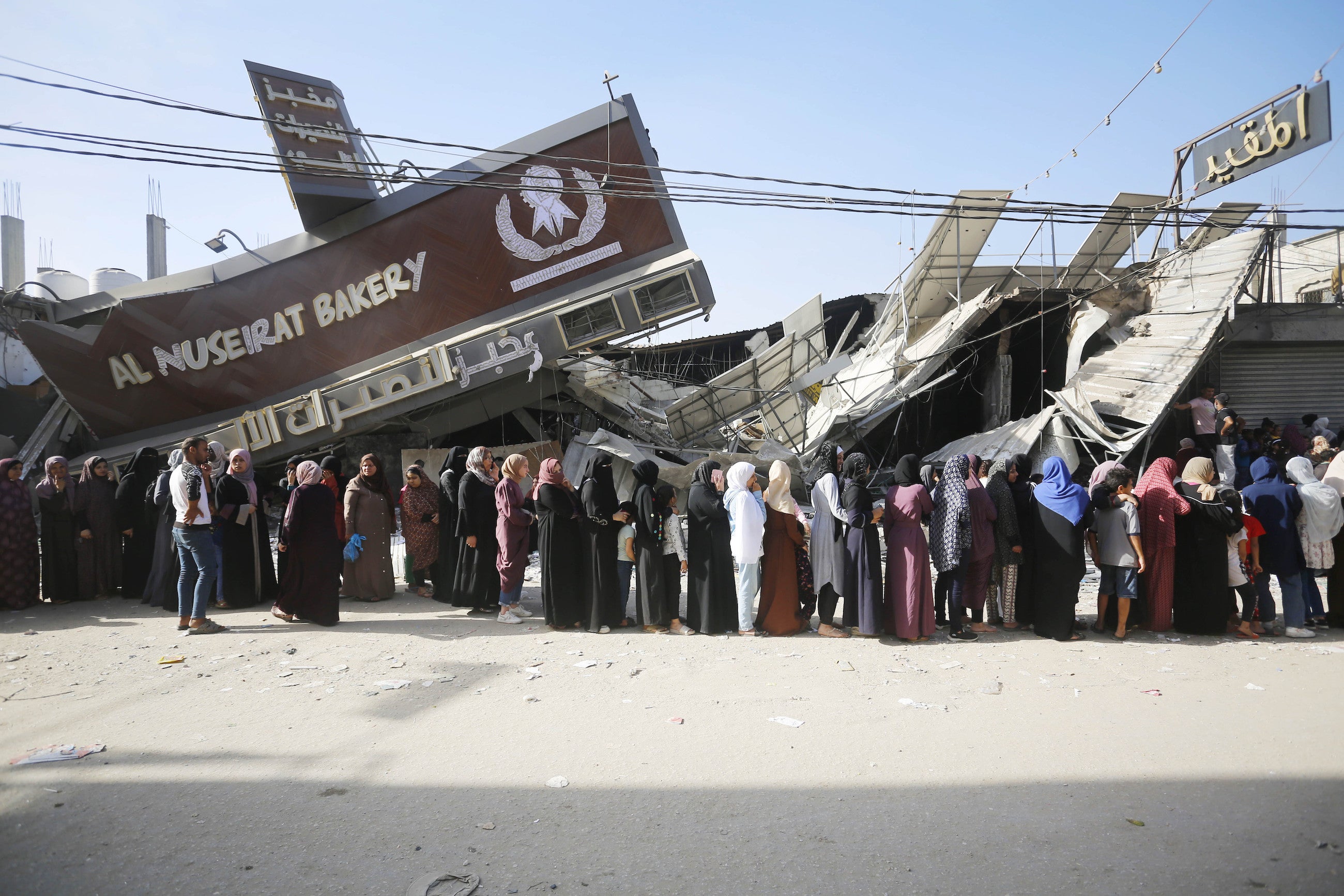
People line up for bread at a partially collapsed but still operational bakehouse in Nuseirat refugee camp in Deir al Balah, Gaza, November 4, 2023. © 2023 Ashraf Amra/Anadolu via Getty Images.
After Israeli authorities provided UNRWA with information about the alleged involvement of several of its employees in the October 7 attacks, UNRWA announced that it had “immediately terminated” the contracts of the employees identified and opened an investigation to “establish the truth without delay.” (...)
“The allegations against UNRWA staff are serious and the UN appears to be addressing them seriously. But withholding funds from the UN agency most able to provide immediate lifesaving food, water, and medicine to the more than 2.3 million people of Gaza shows callous indifference to what the world’s leading experts have warned is the looming risk of famine,” said Akshaya Kumar, crisis advocacy director at Human Rights Watch. (...)
Instead of withholding critical funds, the European Union and France issued statements clarifying that they intend to “review the matter in light of the outcome of the investigation announced by the UN and the actions it will take” and “decide when the time comes.” (...)
Shortly after the October 7 attack, Israeli authorities cut off essential services, including water and electricity, to Gaza’s population and blocked the entry of all but a trickle of fuel and critical humanitarian aid, acts of collective punishment that amount to war crimes. Human Rights Watch has also found that Israeli authorities are using starvation as a weapon of war in Gaza. (...)
Human Rights Watch has urged Israel’s key allies—including the United States, the United Kingdom, Canada, and Germany—to suspend military assistance and arms sales to Israel so long as its forces commit, with impunity, widespread and serious abuses amounting to war crimes against Palestinian civilians. (...)
The Integrated Food Security Phase Classification (IPC), a multi-partner initiative that regularly publishes information on the scale and severity of food insecurity and malnutrition globally, issued a report published at the end of December concluding that the entire population of Gaza is at crisis level of acute food insecurity or worse. (...)
As the occupying power, Israel is obliged to ensure that the humanitarian needs of the population of Gaza are met. The International Court of Justice (ICJ) ordered provisional measures on January 26 as part of South Africa’s case against Israel alleging violations of the Genocide Convention. (...)
“Despite mounting risks of famine and a binding order by the World Court in a case about genocide, Israel’s foreign minister has now announced that he will lead a brazen effort to shut down the UN agency most responsible for delivering lifesaving aid,” Kumar said. “Unless governments reverse their decisions to suspend aid to UNRWA, the main humanitarian channel into Gaza, they risk contributing to the current catastrophe.”
> See also: The Long War on Gaza
Tags: #israel #palestine #palestinians #gaza #human_rights #occupied_territories #international_law #war #humanitarian_aid #unemployment #west_bank
